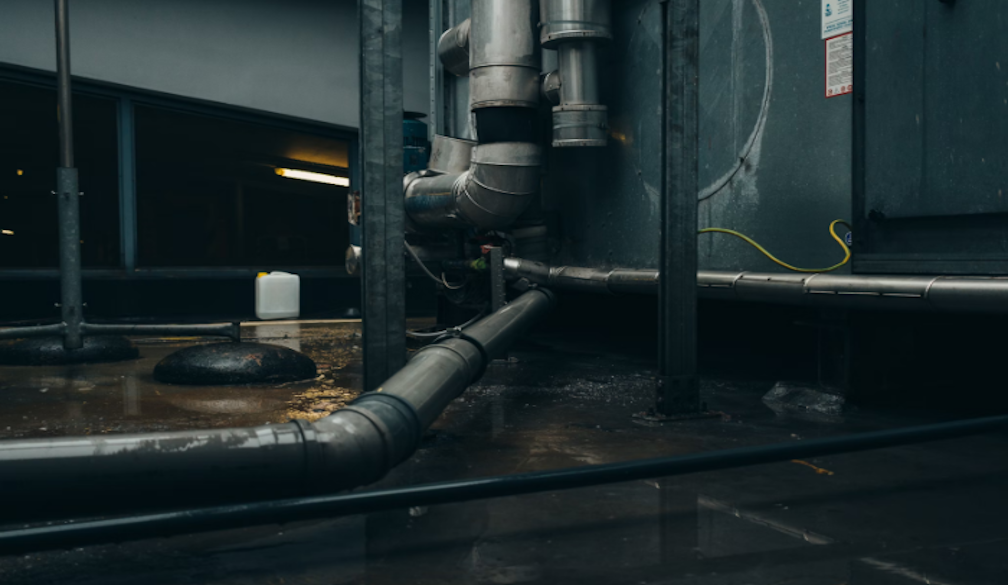What Are the Most Common Signs of a Gas Leak?

A gas leak is a dangerous domestic issue that can potentially cause severe damage to your health. Leaking of natural gas not only has the potential to catch fire very easily, but the long-term consumption can also cause health problems. Identification of a gas leak in the initial stage will prevent accidents and keep you and your family safe. Keep reading to discover the most vital signs to identify and what to do in case of suspected leakage of gas at home.
The Rotten Egg or Stinky Egg Smell
The most common sign of a gas leak is the very characteristic smell of rotten egg or sulphur. Natural gas has no odour, so gas companies introduce a harmless chemical known as mercaptan into the gas so that leaks can be smelled. If you notice this pungent smell indoors or outdoors near your house, it is extremely important to react very rapidly. Turn off your gas supply, evacuate your home, and call a gas specialist or emergency plumber in Clyde North immediately.
Physical Symptoms You Should Not Ignore
Gas leaks may lead to serious health issues if inhaled for a long period. Physical symptoms are dizziness, nausea, tiredness, and headache. Other individuals will feel that they cannot breathe or their nostrils and throat hurt. If you find that you begin to develop these symptoms suddenly and the symptoms disappear if you leave the building, then you are likely to have a gas leak.
Visual Signs Around Your House
A gas leak is more likely to leave behind some fairly obvious traces, hence easier to identify. If there are plants in the vicinity of your home, check for dead or wilted leaves, as gas leakage kills them. You can also see unusual bubbles in stagnant water, and this is a sign of gas escape via pipes below the ground. Both are signs that must be addressed simultaneously.
The Sound of a Gas Leak
From time to time, gas will seep out and create noise. You can hear hissing or whistling noises nearby your appliances or gas pipes in case there's leaking gas coming out. They will not sound extremely loud in general, though, so take some time, pull over, and try listening and see if you notice something amiss happening. Never approach what you assume is a leak, however, since doing this will put you more at risk.
Faulty Appliances and Unusual Behaviour
If your gas appliances are not working properly, a leak might be the reason. An unlit igniter or gas water heater that refuses to maintain temperature, for instance, could signal a leak in the gas line. Gas bills that are outrageously high also could signal an ignored issue in your system.
Acting in Time to Remain Safe
Detection of a symptom of a gas leak is vital to allow you to have a secure home. Once you detect any of these symptoms, you are encouraged to act instantly. Leave the house, never use an electric switch, and call professional services to check and rectify the problem. Preventive maintenance can avoid catastrophic results.
Understanding the most common signs of a gas leak not only protects your property but could also save lives. Stay alert, and ensure that you’re familiar with what to look out for to keep everyone in your home safe from potential gas hazards.




